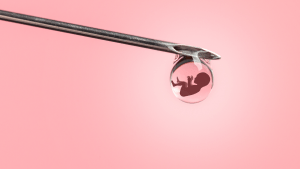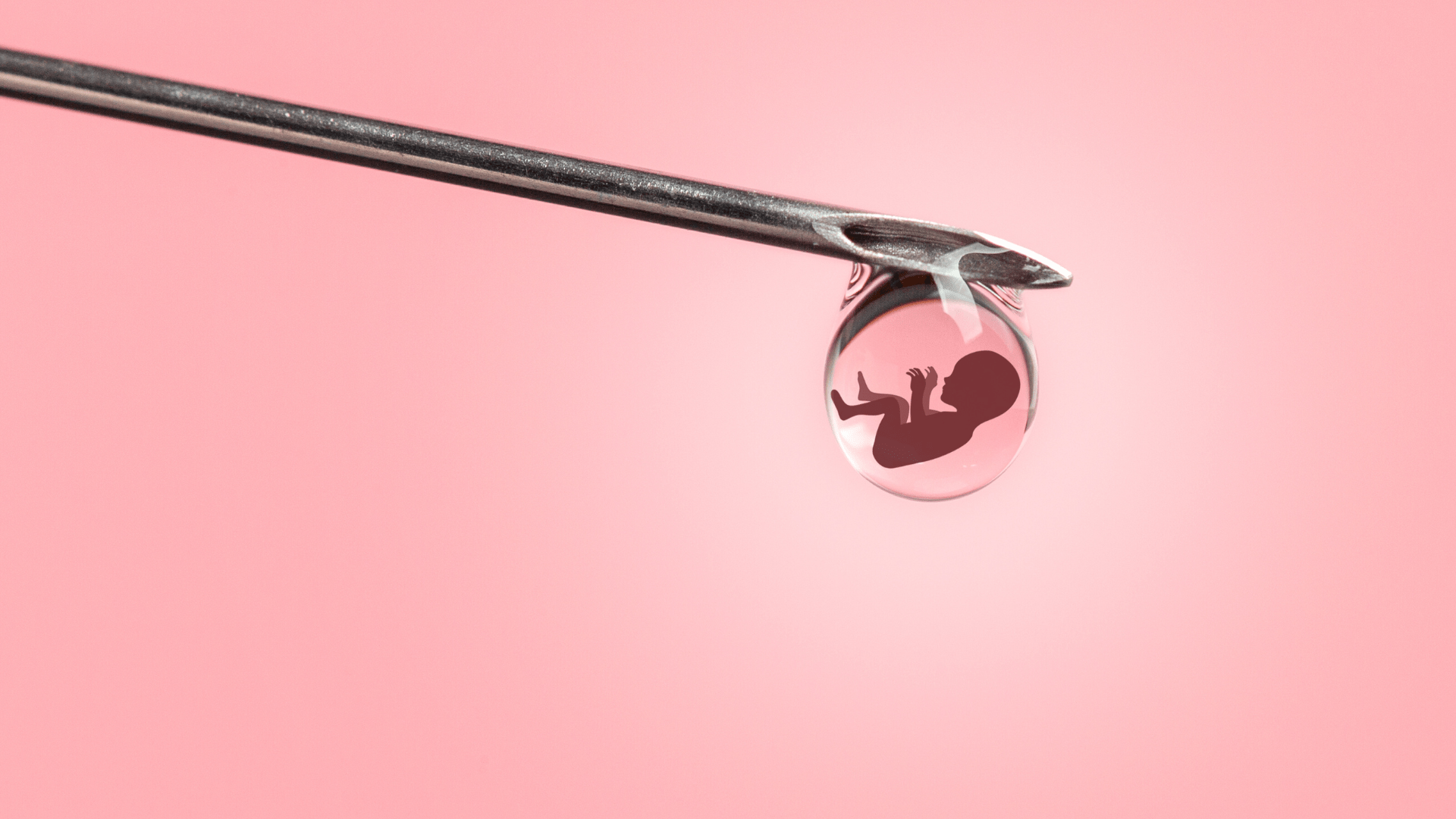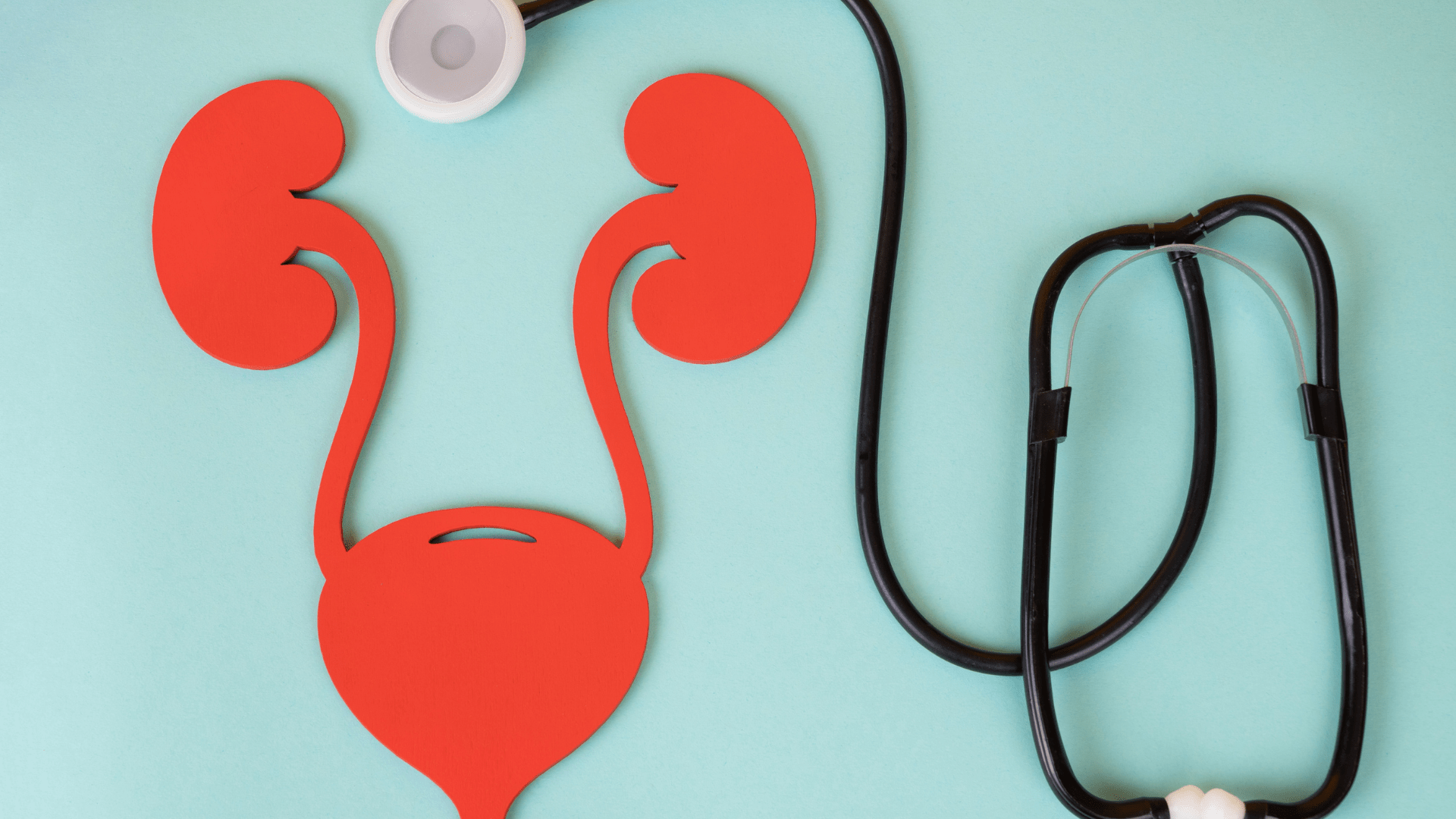Contrary to more complicated fertility procedures, intrauterine insemination (IUI) offers a less invasive and more accessible therapy option for couples struggling with infertility. During the woman’s reproductive window, specially prepared sperm is placed directly into her uterus during IUI, also referred to as artificial insemination.
What is IUI?
IUI is a fertility procedure that aims to increase the chances of pregnancy by delivering sperm directly into the uterus. It is often recommended for couples with unexplained infertility, mild male factor infertility, or certain cervical or ovulatory issues. IUI allows sperm to bypass potential obstacles and places them closer to the fallopian tubes, increasing the likelihood of fertilization.

Preparing for IUI
Before undergoing an IUI procedure, both partners may need to undergo certain tests to assess their fertility status. These tests may include semen analysis to evaluate the quality and quantity of sperm, hormone level assessments, and a thorough examination of the woman’s reproductive organs. Additionally, some couples may choose to use fertility medications to stimulate egg production and improve the chances of successful fertilization.
The IUI Procedure
-
Monitoring the Ovulation Cycle
The woman’s menstrual cycle will be closely monitored to determine the optimal timing for the IUI procedure. This may involve tracking hormone levels, ultrasound examinations to monitor follicle development, and predicting the time of ovulation.
-
Sperm Preparation
On the day of the IUI procedure, the male partner will provide a semen sample. The sample undergoes a process called sperm washing, where the sperm is separated from other components of the semen and concentrated to increase the number of healthy and motile sperm.
-
Insemination
During the IUI procedure, a healthcare provider will insert a thin, flexible catheter into the woman’s uterus through the cervix. The specially prepared sperm is then gently injected into the uterus. The procedure is usually painless and similar to a Pap smear or pelvic exam.
-
Post-IUI Care
After the procedure, the woman can resume her normal activities. It is recommended to refrain from sexual intercourse for a couple of days following the IUI to allow for optimal conditions for fertilization. The woman may also be prescribed progesterone supplements to support the uterine lining and early pregnancy, if necessary.
Signs and Symptoms Indicating The Need for IUI Procedure
Intrauterine Insemination (IUI) is a fertility procedure that can help couples overcome certain infertility challenges and increase their chances of conception. If you and your partner have been struggling to conceive, it’s important to be aware of the signs and symptoms that may indicate the need for an IUI procedure.
-
Irregular or Absent Ovulation
One of the primary indications for an IUI procedure is irregular or absent ovulation. Ovulation is the release of an egg from the ovary, and if it does not occur regularly or at all, it can significantly reduce the chances of pregnancy. Symptoms of irregular ovulation may include unpredictable menstrual cycles, absent or infrequent periods, or difficulty tracking ovulation using at-home methods. In such cases, IUI can be used in conjunction with fertility medications to stimulate ovulation and increase the chances of successful fertilization.
-
Cervical Factor Infertility
Another symptom that may indicate the need for an IUI procedure is cervical factor infertility. The cervix plays a crucial role in natural conception by providing a passage for sperm to enter the uterus. However, certain conditions or abnormalities can hinder sperm movement or prevent sperm from reaching the fallopian tubes. Symptoms of cervical factor infertility may include a history of multiple unsuccessful attempts at natural conception, abnormal cervical mucus consistency, or cervical abnormalities detected during medical examinations. IUI bypasses the cervix by directly placing sperm into the uterus, circumventing any cervical issues and increasing the chances of sperm reaching the fallopian tubes.
-
Mild Male Factor Infertility
In cases where the male partner has mild sperm-related infertility issues, an IUI procedure may be recommended. Symptoms of male factor infertility can include low sperm count, reduced sperm motility, or abnormal sperm morphology. While severe male factor infertility may require more advanced reproductive techniques, such as intracytoplasmic sperm injection (ICSI), IUI can be an effective treatment option for mild cases. By concentrating and preparing the sperm before insemination, IUI enhances the chances of viable sperm reaching the egg.
-
Unexplained Infertility
Unexplained infertility is a frustrating diagnosis for couples who have been unable to conceive despite comprehensive fertility evaluations. When no apparent cause can be identified, an IUI procedure may be recommended as an initial step. The procedure increases the chances of successful fertilization by placing sperm closer to the fallopian tubes, potentially overcoming any unidentified obstacles. IUI can also provide valuable insights into a couple’s fertility potential and guide further treatment decisions if needed.

Risks Associated With IUI Procedure
-
Multiple Pregnancies
One of the main risks associated with IUI is the increased likelihood of multiple pregnancies, particularly twins or higher-order multiples. The use of fertility drugs to stimulate ovulation can increase the chances of releasing multiple eggs, which may result in multiple pregnancies. Multiple pregnancies carry a higher risk of complications for both the mother and the babies, including premature birth, low birth weight, and other related health issues.
-
Ovarian Hyperstimulation Syndrome (OHSS)
In some cases, the use of fertility drugs to stimulate ovulation during IUI can lead to a condition called ovarian hyperstimulation syndrome (OHSS). OHSS occurs when the ovaries become enlarged and fluid accumulates in the abdomen. Mild cases of OHSS may cause discomfort, bloating, and nausea, while severe cases can lead to more serious complications, such as difficulty breathing and abdominal pain. Close monitoring by a healthcare professional is essential to minimize the risk of OHSS.
-
Infection
Although rare, there is a small risk of infection associated with IUI. During the procedure, a catheter is inserted into the uterus, which could introduce bacteria. Signs of infection may include fever, abdominal pain, or unusual vaginal discharge. It’s important to promptly seek medical attention if any of these symptoms arise after the procedure.
-
Ectopic Pregnancy
Another risk associated with IUI is the possibility of ectopic pregnancy. This occurs when a fertilized egg implants outside the uterus, typically in the fallopian tube. Ectopic pregnancies can be life-threatening and require immediate medical attention. Symptoms may include abdominal pain, vaginal bleeding, and shoulder pain. Early detection through monitoring and follow-up appointments can help mitigate this risk.
Treatments Associated with IUI Procedure
Intrauterine Insemination (IUI) is a fertility procedure that offers hope to couples struggling to conceive. It is often used in conjunction with various treatment options to maximize the chances of successful pregnancy.
-
Fertility Medications:
Fertility medications are commonly used in conjunction with the IUI procedure to enhance the chances of successful ovulation and fertilization. These medications aim to stimulate the ovaries, increase the number of mature eggs produced, and regulate hormone levels. The most common types of fertility medications used in IUI treatment include:
-Clomiphene Citrate: This oral medication stimulates the release of follicle-stimulating hormone (FSH), which in turn stimulates the ovaries to produce more eggs.
-Gonadotropins: These injectable medications contain FSH and luteinizing hormone (LH) and are used to promote the growth and maturation of multiple follicles.
The specific medication and dosage will depend on individual factors and will be determined by your fertility specialist based on your unique circumstances.

-
Ovulation Monitoring:
Accurate timing of the IUI procedure is crucial for success. Ovulation monitoring involves closely monitoring the menstrual cycle to determine the most fertile period. Common methods of ovulation monitoring include:
-Ultrasound Monitoring: Transvaginal ultrasound scans are used to track the development and growth of follicles within the ovaries. These scans provide information about the size and maturity of the follicles, indicating when ovulation is likely to occur.
-Hormone Level Testing: Blood tests are conducted to measure hormone levels, particularly luteinizing hormone (LH) and progesterone. LH surge indicates that ovulation is imminent, and progesterone levels help confirm ovulation.
By combining these monitoring techniques, your fertility specialist can determine the most opportune time for the IUI procedure to increase the chances of successful fertilization. -
Lifestyle Modifications:
Certain lifestyle modifications can positively impact the success of the IUI procedure and overall fertility. Here are some key considerations:
–Healthy Diet: A balanced diet rich in nutrients can promote reproductive health. Include plenty of fruits, vegetables, whole grains, lean proteins, and healthy fats in your daily meals.
-Regular Exercise: Engaging in regular physical activity helps maintain a healthy weight, improves blood flow to reproductive organs, and reduces stress levels.
-Stress Management: High levels of stress can negatively impact fertility. Explore stress reduction techniques such as meditation, yoga, or engaging in activities that bring you joy and relaxation. -
Support and Counseling:
Undergoing fertility treatments can be emotionally challenging. Seeking support from loved ones, joining support groups, or attending counseling sessions can provide the emotional support and guidance needed throughout the IUI treatment journey.
Conclusion
Intrauterine Insemination (IUI) is a widely used fertility treatment that offers hope and possibilities for couples struggling with infertility. While every individual’s experience with IUI may differ, it is essential to remember that IUI is a relatively safe and minimally invasive procedure. It offers couples the opportunity to overcome specific infertility challenges, such as irregular ovulation, mild male factor infertility, unexplained infertility, or cervical factor infertility. By placing prepared sperm directly into the uterus, IUI increases the chances of fertilization and conception.
Understanding the intricacies of the IUI procedure can help alleviate any anxieties you may have. It is normal to have questions about the process, potential discomfort, success rates, and the number of cycles to attempt. Open communication with your healthcare provider is crucial in addressing these concerns and tailoring the treatment plan to your specific needs.
IUI success rates can vary depending on several factors, including age and the underlying cause of infertility, it is worth noting that the chances of success can improve with multiple cycles and the addition of fertility medications. Your fertility specialist will work closely with you to determine the optimal treatment approach and guide you through the process, providing support and reassurance along the way.
Frequently Asked Questions About Intrauterine Insemination
- What is IUI?
IUI, or intrauterine insemination, is a fertility treatment that involves placing prepared sperm directly into the uterus around the time of ovulation. This procedure bypasses the cervix, increasing the chances of sperm reaching the fallopian tubes and fertilizing an egg. - Who is a suitable candidate for IUI?
IUI is often recommended for couples experiencing certain infertility issues, such as mild male factor infertility, irregular ovulation, unexplained infertility, or cervical factor infertility. Your fertility specialist will evaluate your specific situation and recommend the most appropriate treatment options for you. - What is the process for an IUI procedure?
The IUI procedure involves several steps. First, the male partner provides a semen sample, which is then prepared in the laboratory to isolate healthy and motile sperm. The woman’s menstrual cycle is closely monitored to determine the optimal time for the procedure. During the procedure, a thin catheter is used to place the prepared sperm directly into the uterus. The procedure is usually quick and relatively painless. - Does the IUI procedure hurt?
The IUI procedure is typically painless, although you may experience some mild cramping or discomfort similar to menstrual cramps. If you find the procedure uncomfortable, you can discuss options for pain management with your healthcare provider. - How successful is IUI?
Success rates for IUI can vary depending on various factors, including the underlying cause of infertility, age, and overall health. On average, the success rate of IUI per cycle is around 10-20%. However, success rates can improve with multiple cycles of IUI and when combined with other fertility treatments, such as fertility medications. - Are there any side effects or risks associated with IUI?
IUI is a relatively safe procedure with minimal risks. Some possible side effects include mild cramping, spotting, or a slight risk of infection. It’s important to discuss any concerns with your healthcare provider, who will guide you through the potential risks and benefits based on your individual circumstances. - How many IUI cycles should we try before considering other options?
The number of IUI cycles you should try before considering other options depends on various factors, including your age, overall health, and the underlying cause of infertility. Your fertility specialist will work closely with you to determine the most appropriate treatment plan and discuss when to consider alternative options, such as in vitro fertilization (IVF).





